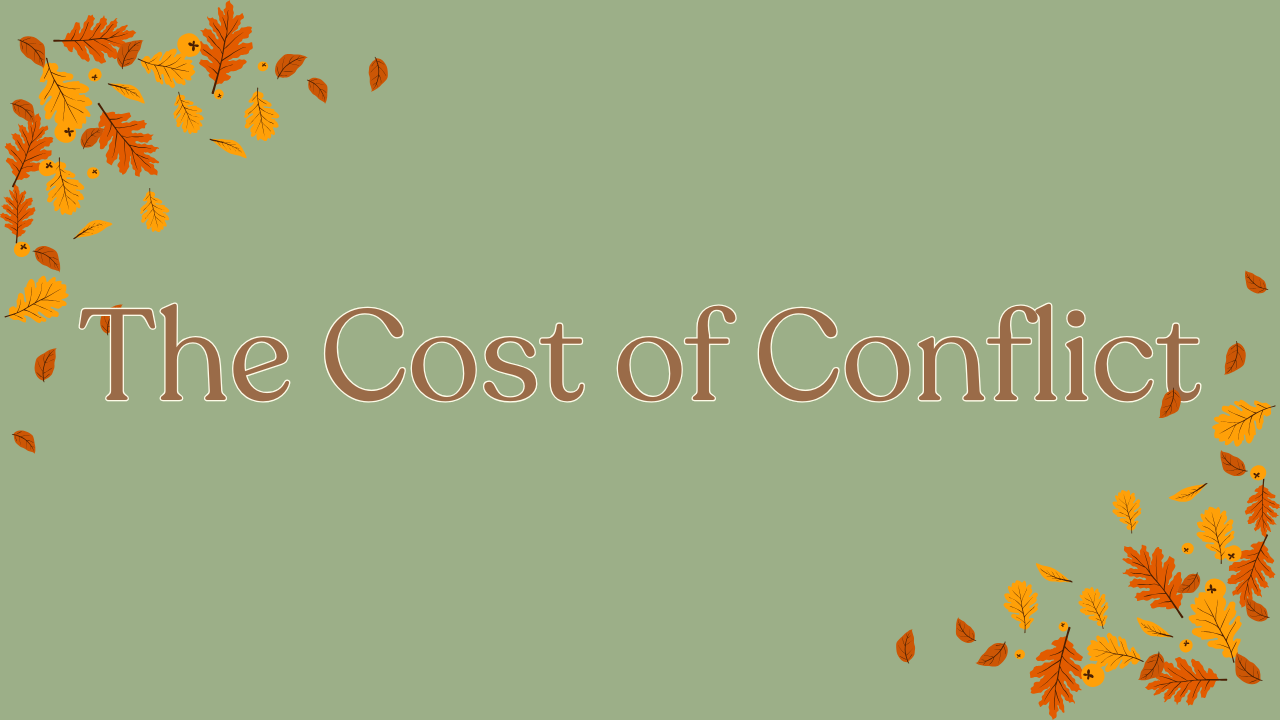The Hidden Cost of 'Winning' Against Your Co-Parent
Oct 01, 2025
You proved your point. You got the last word. You made sure your ex knew exactly how wrong they were.
And your child just learned that love comes with scorecards.
I see it constantly in my coaching practice: parents who are so focused on being "right" that they forget what their children are actually experiencing. The need to win feels urgent, justified, even necessary. But here's what two decades as a therapist and coparent coach has taught me—every time you win against your co-parent, your child loses something far more valuable than the argument at hand.
The Winning Trap
When your marriage ended, the relationship shifted. But for many parents, the competitive dynamic didn't. Instead, it intensified.
You're keeping score:
-
Who remembered the school form
-
Who bought the better birthday gift
-
Who the kids "prefer" to be with
-
Who's the more responsible parent
-
Who's moving on faster (or not moving on at all)
Each small victory feels like validation. Proof that you were right all along. Evidence that you're the better parent.
But your child isn't keeping score. They're trying to survive in a home that now feels like a battlefield.
What "Winning" Actually Costs Your Child
Their sense of safety. Children need to know that both parents are on the same team—their team. When you're fighting to win, they're watching the two people they love most treat each other like enemies. Home stops feeling safe. Love starts feeling conditional.
Their emotional bandwidth. Kids in high-conflict coparenting situations spend enormous energy managing their parents' emotions. They're translating messages, hiding feelings, performing loyalty. That's energy they should be spending on homework, friendships, and figuring out who they are.
Their model for relationships. Every interaction you have with your co-parent is teaching your child how people who once loved each other should treat each other when things get hard. They're learning whether conflict means cruelty or whether it's possible to disagree with respect.
Their relationship with both parents. When you win, you're often asking your child to see their other parent as the loser. As wrong. As less-than. You're asking them to split their loyalty, their love, their identity. That's not a win. That's trauma.
What Your Kids Actually Need Instead
Your children don't need you to win. They need you to be anchored.
Anchored in your values. Anchored in your why. Anchored in the knowledge that their peace matters more than your pride.
Here's what that looks like in practice:
They need you to stay regulated. When your co-parent sends that inflammatory text, your child needs you to pause, breathe, and respond from your values—not your anger. Box breathing. Grounding techniques. A mantra that reminds you who you want to be as a parent.
They need you to speak respectfully about their other parent. Even when it's hard. Especially when it's hard. You don't have to lie or pretend everything is fine, but you can choose language that protects your child's relationship with both parents.
They need you to focus on solutions, not scores. Instead of proving your co-parent wrong, ask: "What does my child need right now?" That question changes everything. It moves you from combat to collaboration, from ego to empathy.
They need you to model emotional honesty and repair. You won't get it right every time. You'll lose your cool. You'll say something you regret. What matters is what you do next. Acknowledge it. Apologize to your child if needed. Show them that mistakes don't define us—our response to them does.
The Shift That Changes Everything
In my coaching practice, I use the BeH20 framework to help parents reconnect with their why. Why are you doing this hard work of coparenting? What do you want your child to remember about this season of their life?
When you're anchored in that why, the need to win loses its grip.
One client came to me after a brutal custody battle. She'd "won" more time with her kids, but they were anxious, withdrawn, and struggling in school. She realized that winning in court meant losing what mattered most—her children's sense of peace and security.
We worked together to shift her focus. Instead of proving her ex wrong, she started asking: "How can I protect my kids' relationship with both of us?" Instead of keeping score, she started keeping her word. Instead of reacting to every provocation, she started responding from her values.
Six months later, her kids were different. Lighter. More open. They stopped walking on eggshells. They started acting like kids again.
That's what happens when you stop trying to win and start trying to parent well.
Your Next Step
If you're exhausted from the fight, if you're starting to wonder whether "winning" is worth what it's costing your family, you're in the right place.
Coparenting doesn't have to be a war. It can be hard and peaceful at the same time. It can be imperfect and still protect your child's heart.
I'd love to talk with you about what that could look like for your family. Book a complimentary consultation and let's explore how the child-first framework can help you move from conflict to calm, from scorekeeping to steady, grounded parenting.
Your kids don't need you to win. They need you to be the parent who chose their peace over your pride.
That's the win that actually matters.
Ready to shift from winning to parenting well? Schedule your free consultation here.
Cooperative Coparenting Is Possible!
Get started today by downloading my Coparent Communication Essentials.


